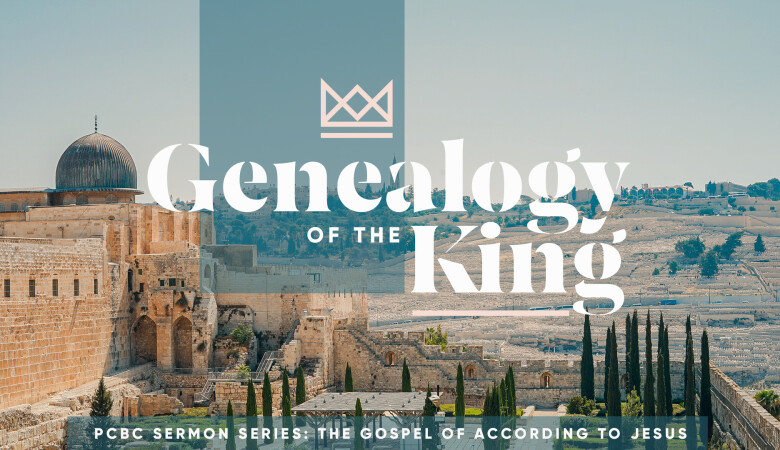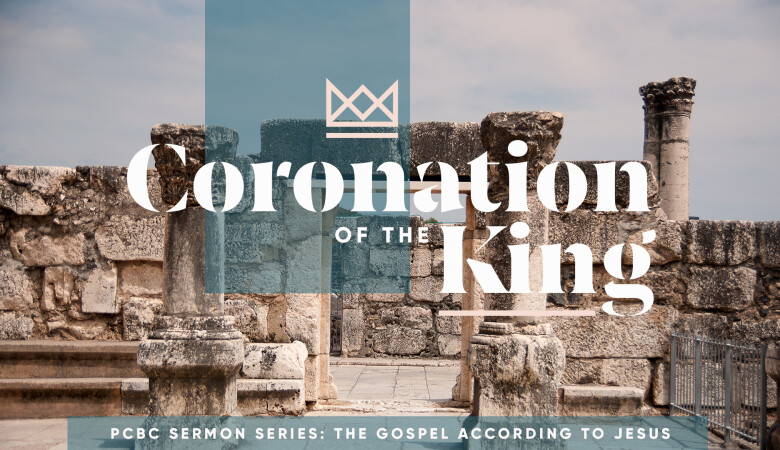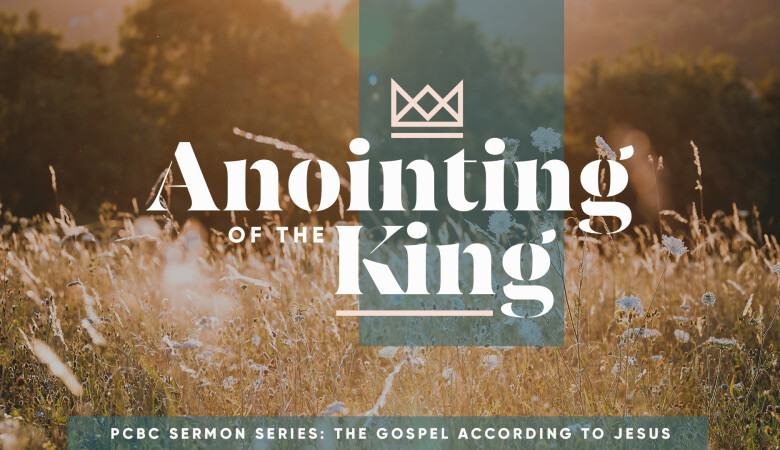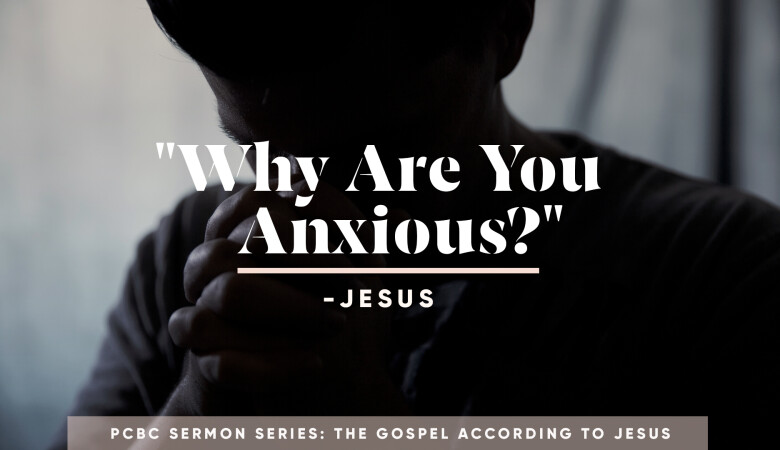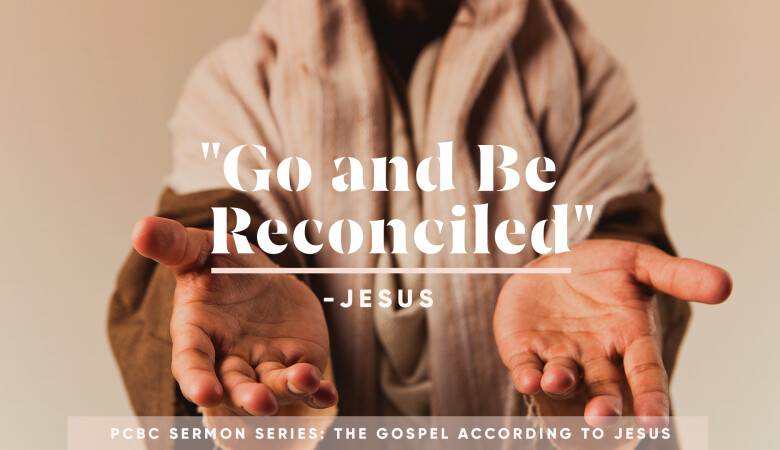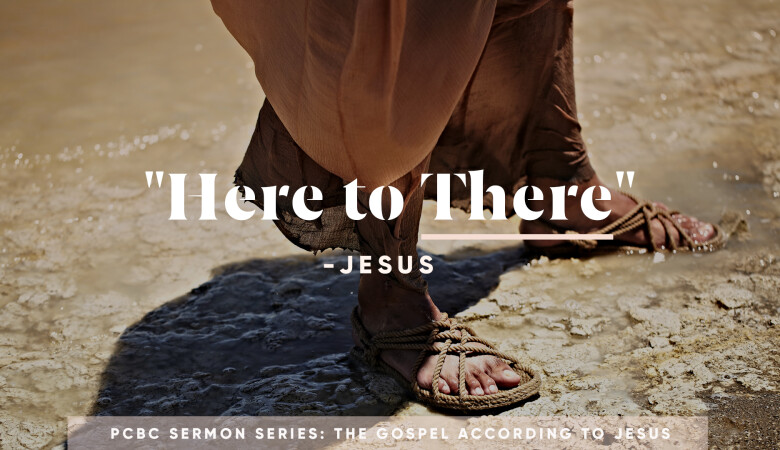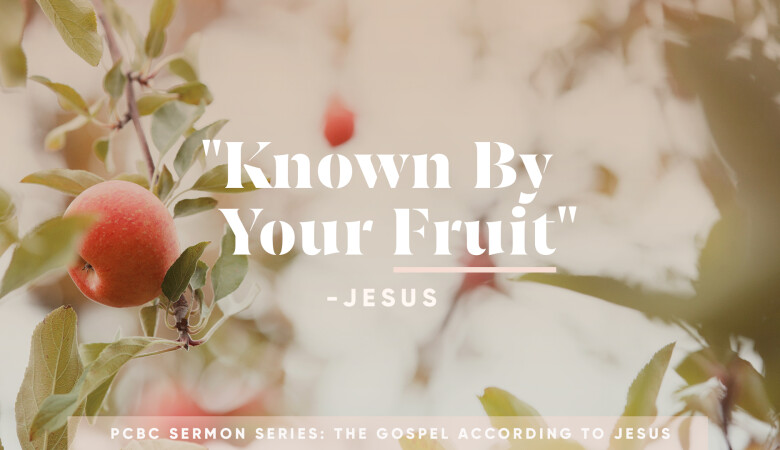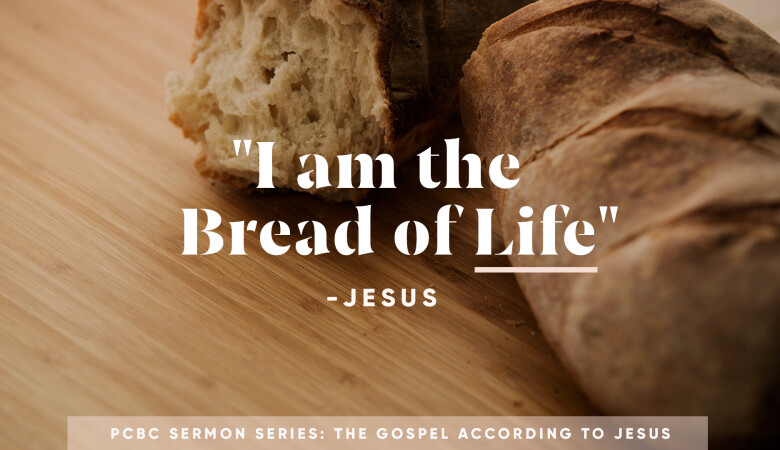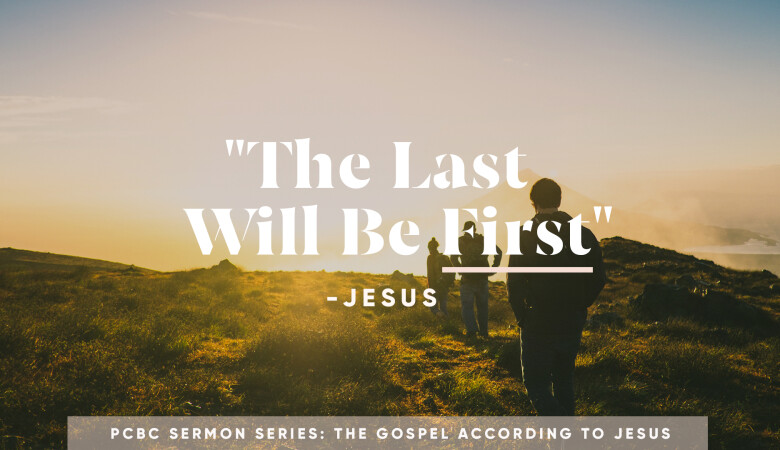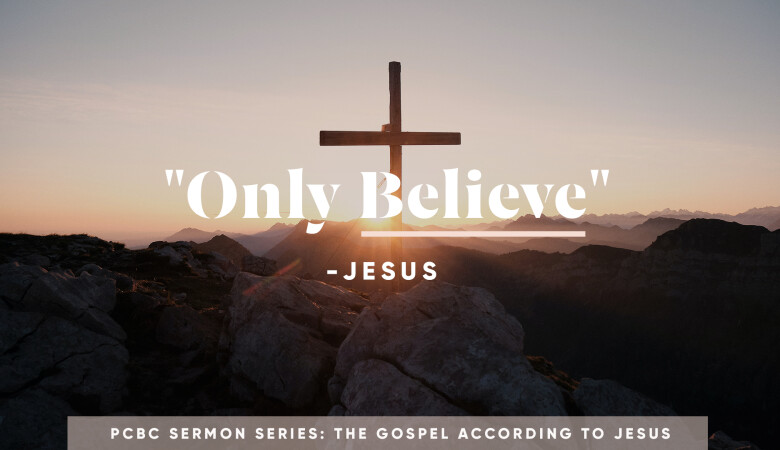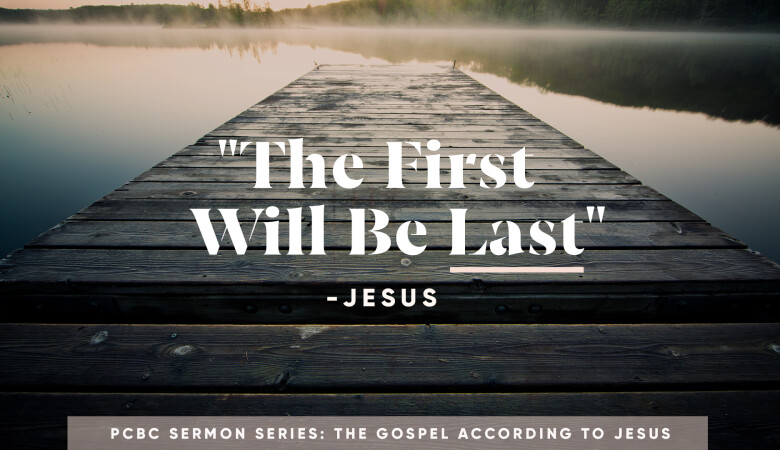Sermon Response Guide
PRIMARY SCRIPTURE:
Matthew 7:15-23 ESV
15 “Beware of false prophets, who come to you in sheep's clothing but inwardly are ravenous wolves. 16 You will recognize them by their fruits. Are grapes gathered from thornbushes, or figs from thistles? 17 So, every healthy tree bears good fruit, but the diseased tree bears bad fruit. 18 A healthy tree cannot bear bad fruit, nor can a diseased tree bear good fruit. 19 Every tree that does not bear good fruit is cut down and thrown into the fire. 20 Thus you will recognize them by their fruits.
21 “Not everyone who says to me, ‘Lord, Lord,’ will enter the kingdom of heaven, but the one who does the will of my Father who is in heaven. 22 On that day many will say to me, ‘Lord, Lord, did we not prophesy in your name, and cast out demons in your name, and do many mighty works in your name?’ 23 And then will I declare to them, ‘I never knew you; depart from me, you workers of lawlessness.’
Key Points
- Deconstruction without reconstruction is a tragedy.
- The problem of doctrine is that bad teaching leads to bad living.
- The fruit of the godly combines good teaching and good living.
- False teachers gain an audience among those who don’t know the truth.
- In our current cultural context, false teaching usually looks like Jesus plus something.
- The paradox of religion is that good living does not lead to eternal living.
- The pattern of grace leads to fruitful teaching and fruitful living.
- Grace motivates our obedience. We fail, but we run back to grace – back to Jesus, who loves to love us.
Memory Verse
Ask God to write this word on your heart this week:
“So, every healthy tree bears good fruit, but the diseased tree bears bad fruit.”
-Matthew 7:17 ESV
Questions for Reflection
Take time to reflect and respond to these questions on your own in the presence of the Holy Spirit, or with trusted friends or family members:
1: Is it possible to claim to know Jesus and be mistaken? How would we know?
2: How can living a “good life” without Jesus lead to destruction?
3: How would you define a “good life?”
4: How do you think Jesus defines a “good life?”
5: In our current cultural context, false teaching usually looks like Jesus plus something. Where in your life do you see yourself falling for this lie?
6: Review this week’s memory verse (Matthew 7:17) and answer the following questions.
· If every healthy tree bears good fruit, what do you think goes into making a tree healthy?
· Honestly, how do you feel today? Do you feel healthy? Why or why not?
· Where have you witnessed the Spirit of the Living God bearing good fruit in your life lately?
· What is one change you can welcome this week to pursue healthy, fruit-bearing living?
7: Pastor and author Jon Tyson says, “The kind of person you are is as important as the gospel you preach, because you will tear down with your life that which you build with your pulpit.”
Even if you do not step up to preach the Word of God at a pulpit in church each Sunday, how does Tyson’s statement resonate with you as you consider your personal life and witness?
8: Read John 15:4-5. How do these words of Jesus speak to the message of hope God is writing on your heart today?
Pray
Lord, we confess we often call on your name but forget your will. Somewhere along the way, we stop listening and responding to your call as we once did. We welcome ravenous wolves in our lives, believing them to be harmless sheep. Lord, you see the carnage of our hearts we unknowingly fed to the wolves. Rescue us in your truth. Restore to us the joy of our salvation. Teach us to love your will just as much as we love your name.
